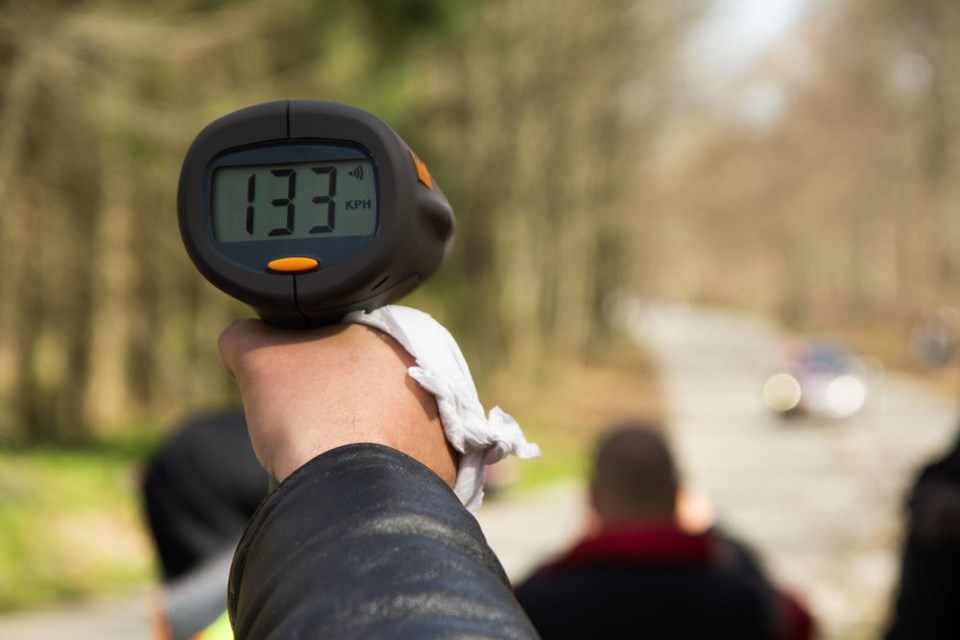Thunder Bay police are welcoming the announcement that municipalities across Ontario could soon introduce photo radar in school zones under new provincial legislation.
Premier Kathleen Wynne said today the bill would allow municipalities to introduce it on municipal roads, in school zones and in community safety zones.
Photo radar, also known as automated speed enforcement technology, takes pictures of the licence plates of vehicles exceeding the speed limit. The proposed bill would also allow municipalities to create reduced-speed-limit zones and let them participate more easily in the red light camera program.
Wynne said too many people are being injured and killed by drivers going too fast.
Photo radar became a political football in Ontario in the 1990s after it was introduced by the NDP government, but it was killed by premier Mike Harris after the Progressive Conservatives won the 1995 election, in part on a pledge to get rid of the cameras.
Thunder Bay police executive officer Chris Adams feels that introducing photo radar in the city would be positive, based on what has happened in other jurisdictions. He pointed to the importance of deterrence, noting that "People, historically, in areas with photo radar do tend to slow down because, let's face it, you can be out there and you can be caught very easily just going above the speed limit. So it has a tremendous amount of benefit."
Adams said using photo radar could also be advantageous to the police budget. "It would probably be less expensive and more cost-effective than having a live set-up with an officer and radar."
He added, however, that Thunder Bay police would likely continue using conventional roadside radar in some instances. It's good, he said, "in that you can place the driver behind the wheel," whereas photo radar "puts pressure on the person owning the vehicle, since the plates would be captured, and that's the owner basically getting charged" for an infraction.
Wynne said that revenue from the fines issued to speeding drivers will stay with the municipalities.
-with files from Canadian Press-
